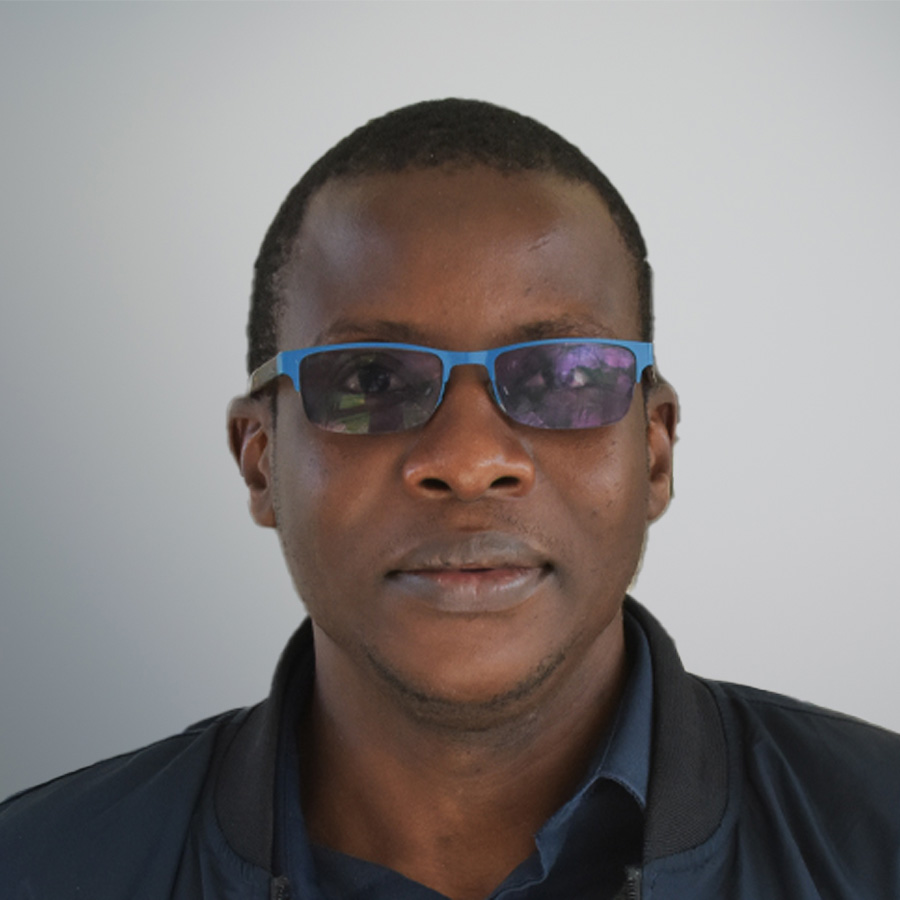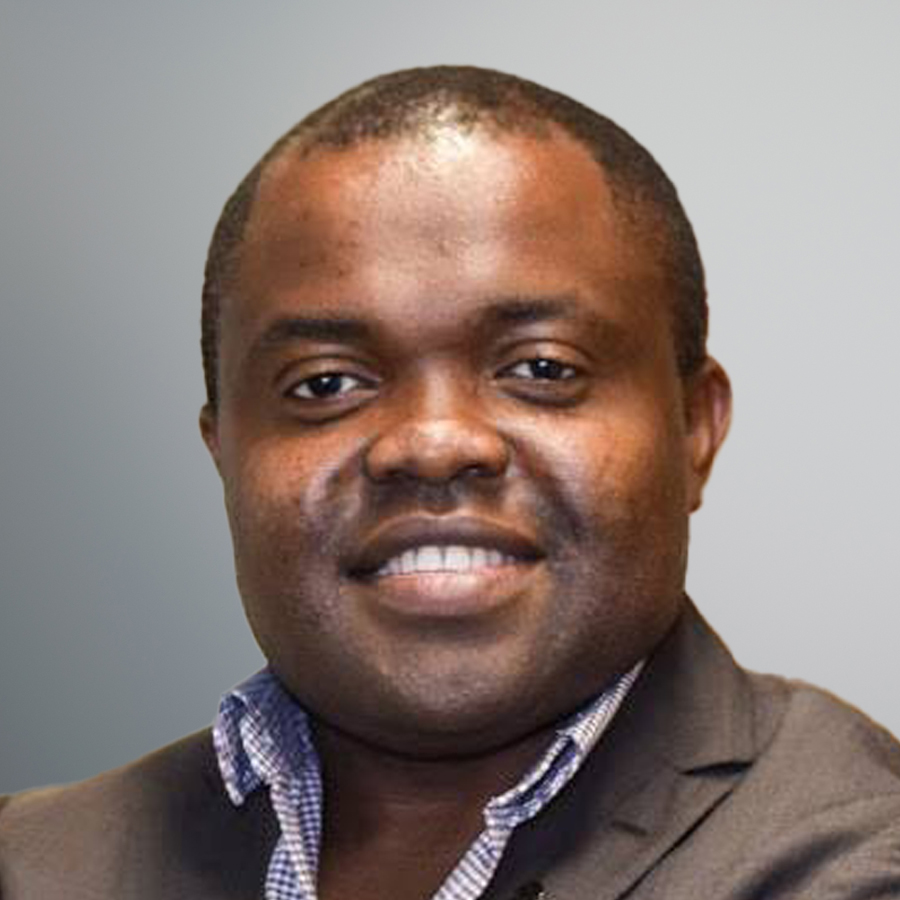The Centre for Human Rights, Faculty of Law, University of Pretoria (the Centre) participated in the 42nd session of the African Children’s Committee during which the Centre presented its partner statement and hosted a side event to raise awareness on the plight of intersex children in Africa on 9 November 2023.
In its statement, the Centre flagged two issues of concern, regarding the plight of children with albinism and intersex children in Africa.
The Centre is concerned about the ongoing attacks against persons with albinism, which disproportionately affect children. Due to an apparent lack of knowledge on albinism and what the condition entails, children with albinism continue to be the subject of harmful practices, are often abandoned by caregivers, and are not provided with the reasonable accommodations, assistive devices, and other support they need to ensure they fully enjoy their rights. In addition, they continue to be at risk of contracting skin cancer and are often from families that cannot afford lifesaving sunscreen and thus their right to health and life is impacted. In addition, the UN Independent Expert on the Enjoyment of Human Rights by Persons with Albinism, in collaboration with the Centre, proposes to develop a Guidance Note on state reporting on matters relating to children with albinism, to provide better clarity on the specific issues that states should address in their reports to the Committee.
Further, following the adoption of Resolution 552 of the African Commission in March 2023, the Centre has embarked on a process of enhancing knowledge about these children on the continent. While the Resolution covers all intersex persons, the Commission places a strong emphasis on the recognition and need to protect the rights of Intersex Children in particular. These children are born with natural sex characteristics variations that do not fit into definitions of male and female. Intersex children are at an increased risk of infanticide and abandonment, as well as being exposed to invasive surgeries that impact the child’s standard of living and enjoyment of their rights enshrined in the African Children’s Charter.
To take these conversations a step forward, the Centre hosted a side event on 9th November in Addis Ababa, Ethiopia to generate awareness on Resolution 552 and to share the experiences of intersex children in order to emphasise the necessity of additional safeguards, as explored in the Centre’s Study on the human rights situation of intersex persons in Africa.
In addition to a comprehensive background and implications of Resolution 552, the event featured a panel discussion that highlighted the lived experiences of intersex persons – from childhood to adulthood. This personal perspective brought a human dimension to the discourse, shedding light on the challenges faced by persons. By providing a platform for these personal narratives, the side event fostered a deeper understanding of the real-life implications of Resolution 552 and underscored the pressing need for comprehensive protection of the rights of intersex children.
Resolution 552, concerning children's rights, specifically references Article 21 of the African Charter on the Rights and Welfare of the Child, stressing the importance of protecting children from harmful social and cultural practices. Recognising that most violations of children's rights happen during childhood and often infringe upon multiple rights protected in the African Children's Charter, the side event disseminated awareness about Resolution 552 within this context.
Moreover, the African Committee of Experts is urged to provide specific guidance to states in the protection of the rights of intersex children, including in their treatment by medical practitioners, and sensitisation programs for communities on the treatment of children, and to engaging States parties on reporting on the status of intersex children, including legislation on non-consensual medical interventions.
For more information, please contact:
Centre for Human Rights, University of Pretoria
Tel +27 (0) 12 420 3587
elvis.fokala@up.ac.za

Centre for Human Rights, University of Pretoria
Tel +27 (0) 12 420 3587
elvis.fokala@up.ac.za









